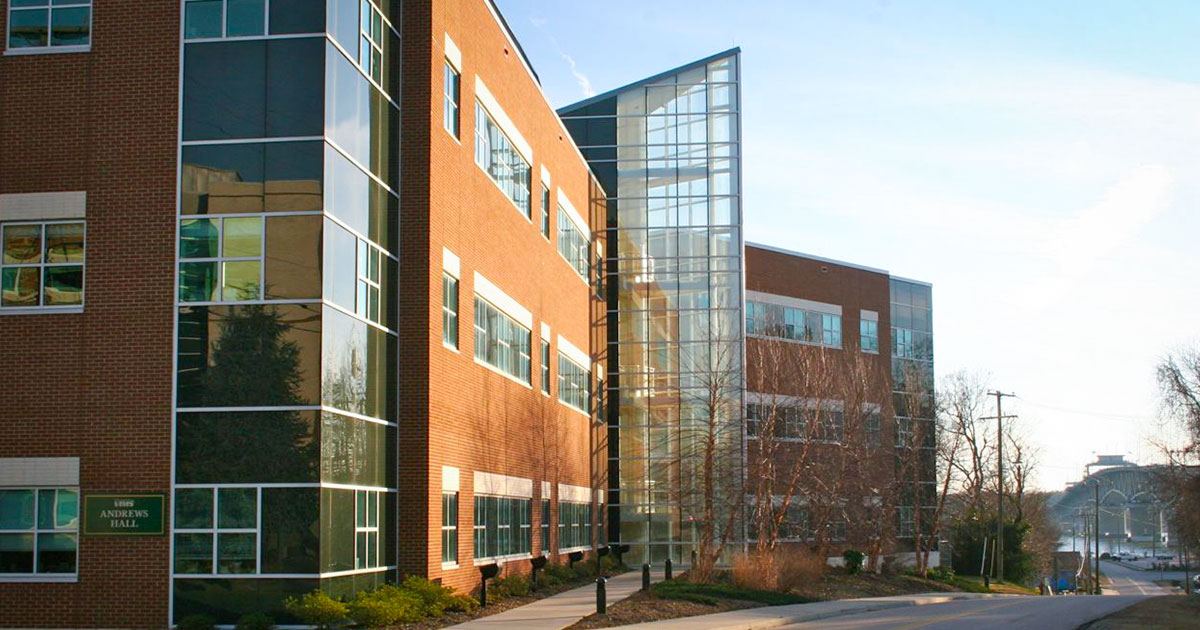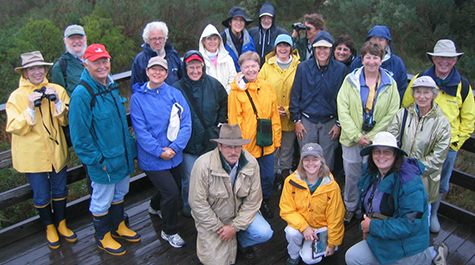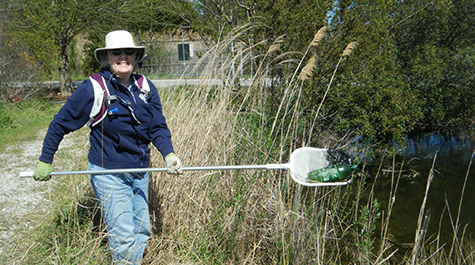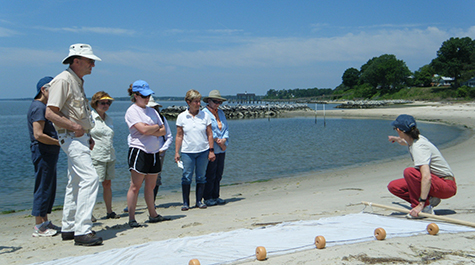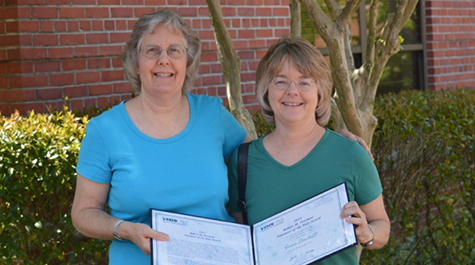VIMS announces sponsorship of Virginia Master Naturalists
The Virginia Institute of Marine Science’s Center for Coastal Resources Management recently became a new sponsoring agency of the Virginia Master Naturalists program.
Based in Virginia Tech’s College of Natural Resources and Environment, the Virginia Master Naturalists Program is a statewide corps of volunteers that provides education, outreach, and service to better manage natural resources and natural areas in Virginia.
Located on the VIMS campus in Gloucester Point, CCRM develops and supports integrated and adaptive management of coastal zone resources. Among its many other activities, the Center offers Master Naturalist training courses for coastal and estuarine ecology and management in collaboration with other departments at VIMS.
In August, VIMS Dean and Director John Wells signed a Memorandum of Understanding making CCRM 1 of 7 official sponsoring agencies, saying, “We are happy to lend the support needed to help advance the Virginia Master Naturalists Program. The partnership is a great opportunity for VIMS to support the growth of the program while fulfilling CCRM’s mission.”
“Supporting the Virginia Master Naturalist program is a logical extension of our outreach efforts,” says CCRM Director Carl Hershner. “There is a growing need for educated citizens to support various local and state government initiatives aimed at restoring Chesapeake Bay and adapting to climate change. These volunteers are well positioned to serve the Commonwealth in these roles, and we look forward to helping make that happen.”
Karen Duhring, CCRM’s outreach and training coordinator, will represent VIMS on the Virginia Master Naturalist program’s steering and executive committees. “The annual VIMS training classes for Master Naturalists have been well received and are a pleasure for us to conduct,” she says. “Expanding our relationship as a sponsoring agency will allow us to connect the program to more continuing education courses and opportunities. We are also willing to assist any chapter interested in developing citizen-science programs related to coastal and wetland issues.”
CCRM—along with VIMS’ Marine Advisory Services program and the Chesapeake Bay National Estuarine Research Reserve—has been involved with the Virginia Master Naturalists Program for almost 10 years.
Several volunteers at VIMS are also Master Naturalists obtaining community service credit though their time spent lending a helping hand at the Institute. “Part of the basic training for new recruits includes estuarine ecology and coastal management, so some of our volunteers come to VIMS seeking experts to assist with the training, continuing education, and field experiences needed to become a Master Naturalist,” says Duhring.
Duhring says the first VIMS training class was opened to local chapters of the program in 2007, and has continued almost every year since. The community-based chapters recruit members, plan and produce training courses, and work with sponsors and partners to organize volunteer service projects. There are 30 chapters throughout the Commonwealth.
“We are excited to have the Center for Coastal Resources Management join our growing network of sponsoring agencies and partnering organizations around the state,” says Alycia Crall, statewide coordinator for the Virginia Master Naturalist Program. “With a rapidly growing program, we continue to look for ways to diversify our funding support.”
The Virginia Master Naturalist Program began in 2005 with the financial support from five sponsoring agencies: Virginia Cooperative Extension, the Virginia Museum of Natural History, and the state departments of Conservation and Recreation, Game and Inland Fisheries, and Forestry. The Virginia Department of Environmental Quality was added as a sponsoring agency in 2010.
